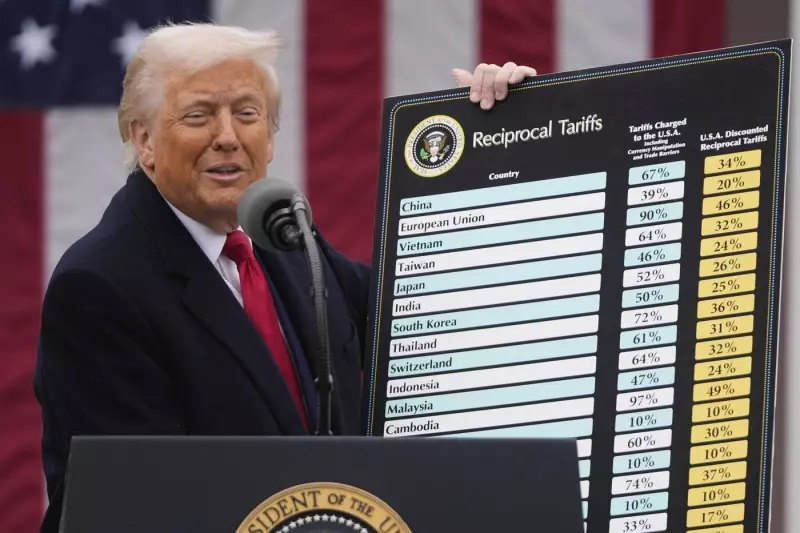
The United States Supreme Court is poised to enter one of the most contentious debates in recent trade history as it agrees to hear arguments challenging the legal foundation of former President Donald Trump's aggressive tariff policies. This landmark case could redefine the boundaries of presidential power in international trade matters for generations to come.
The Constitutional Challenge
At the heart of the legal battle is a fundamental question: did President Trump overstep his constitutional authority when he imposed sweeping tariffs on imported steel and aluminum? The plaintiffs argue that the former president wielded power that rightfully belongs to Congress, setting a dangerous precedent for executive overreach in trade policy.
Section 232: National Security or Economic Weapon?
The Trump administration justified these controversial tariffs under Section 232 of the Trade Expansion Act of 1962, which permits the president to impose trade restrictions based on national security concerns. However, critics maintain that this provision was weaponized for economic protectionism rather than genuine security threats.
"This case represents a critical test of whether national security claims can be used as a blanket justification for protectionist trade measures," explains a constitutional law expert familiar with the proceedings.
Economic Fallout and Global Reactions
The tariffs triggered immediate international backlash and retaliatory measures from trading partners, particularly affecting:
- Canadian and European steel manufacturers
- American manufacturers dependent on imported materials
- Consumers facing higher prices for numerous goods
- Global supply chains already strained by pandemic disruptions
Many businesses caught in the crossfire have reported significant financial losses and operational challenges directly attributable to the tariff wars.
What's at Stake in the Supreme Court Decision
The upcoming Supreme Court hearing carries profound implications for:
- Presidential authority in trade and national security matters
- Congressional oversight of international trade policy
- Future administrations seeking to implement similar measures
- International trade relationships and diplomatic norms
Legal scholars are closely watching how the Court will balance national security concerns against constitutional separation of powers principles.
The Road Ahead
As both sides prepare their arguments, the business community and international trading partners await a decision that could either reinforce presidential discretion in trade matters or reassert Congressional authority over tariff policy. The outcome may establish critical guardrails for how future presidents can deploy trade measures in the name of national security.
The Supreme Court's ruling is expected to reverberate through boardrooms and capitals worldwide, potentially reshaping U.S. trade policy for decades to come.





